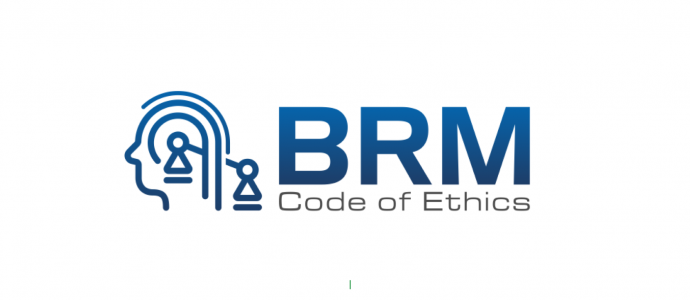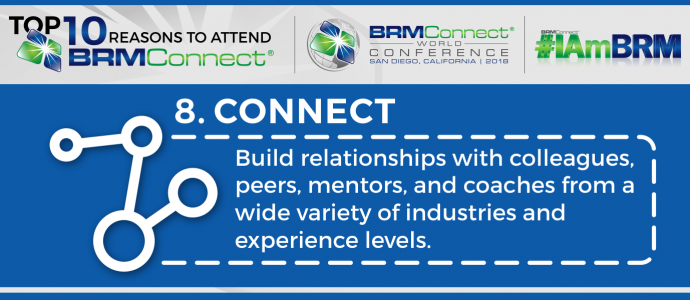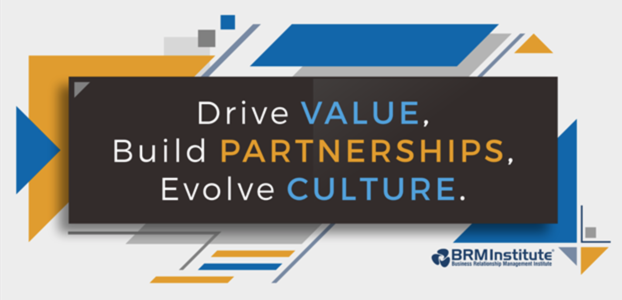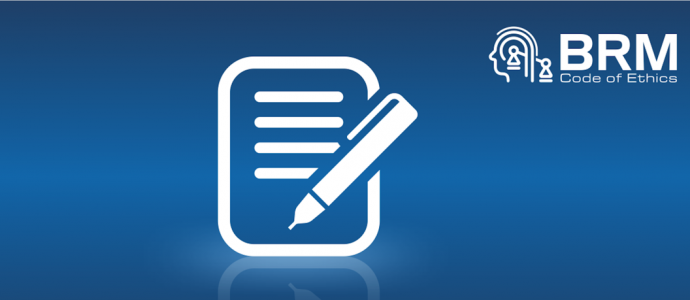Business Relationship Management Research
Work/Life Balance: An Elusive Endeavor of Self-Reflection
Many people find that their purpose is not lived out through their careers, even though they spend many of their waking hours at work. Thus, dedicating a disproportionate amount of time to something that doesn’t provide personal fulfillment leads us to feel out-of-sorts.
The Little-Known Strategy for Organizational Adaptability
The concept of zero-based principles, when applied to an organization, promotes productivity and increased business value through flexibility. Rather than squander energy supporting an antiquated system of separation, zero-based principles provide easy, transparent access to organization-wide data, which ultimately encourages collaboration and increases productivity.
Knowledge: The Secret Formula for Innovation
As Benjamin Franklin once said, “An investment in knowledge pays the best interest.”
Indeed, investing your time, energy, and efforts into obtaining knowledge can be a far more valuable investment than stocks, bonds, and even real estate.
The Rise of Human-Centered Management
Human-centered management empowers employees to do their best work, clearly communicates the company’s goals, and shows them the path to success. Moreover, employees remain a company’s most valuable asset. Thus, it becomes increasingly important for businesses to treat their employees with respect and appreciation.
Intangible Values: The Building Blocks of Purpose
Every organization lives by a set of values. These values represent a moral compass for employees that guides them down the path of success. However, to truly be justified in our judgments of certain values, it’s imperative to know the distinction between the two main types: tangible & intangible values.
Relationships: The Key to Maintaining a Healthy Mind
Briefly, take a moment to think about someone you know very well. Perhaps a parent, a partner, a friend, a loved one comes to mind. You understand their mannerisms, behaviors, and the subtle body language that lets you know how they’re feeling.
A Return to Reason
As the business world shifts from profit-driven to purpose-driven, we’re asked to dust off our reasoning jackets and return to a different age; an age where reason dictated purpose, and thus, life.
Why What You Say Matters – Philosophy of Language
Our words, quite literally, determine our reality. And the digital age highlights the importance of how language shapes the reality of doing business.
How BRM Makes Agile Software Development & Management Theory Even More Successful
Whether your organization is practicing Agile or BRM, you have an opportunity to deliver both short- and long-term business value. Consequently, you can adapt to a rapidly changing business environment by combining and implementing both methodologies.
Consider Existence for Success
Life becomes work in hopes that one day, it isn’t. Personal fulfillment doesn’t enter the equation. However, this linear progression through education to employment is quickly being replaced by a whirling zigzag of millennial entrepreneurs and autodidact techies.
Attitude, Behavior, Culture: The ABCs of Organizational Change
An individual’s attitude shapes their habits and behavior. And group behavior ultimately influences an organization’s culture. So, to improve your culture, you must first focus on changing people’s attitudes.
BRM Code of Ethics is Here!
Over the past few months, a group of volunteers from the BRM Institute Professional Member community worked diligently to produce the final BRM Code of Ethics. The main objective and purpose for the code’s generation: to provide BRMs inspiration, professional standards and support on their BRM journey.
Connect at BRMConnect
Join us at our World BRMConnect Conference, where attendees from all around the globe gather to discuss challenges, share successes, and build a sense of common purpose around their strategic mindset to set them up for success.
Announcing New Regional Ambassador to India
As a Regional Ambassador to India, Avinash aims to promulgate Business Relationship Management discipline in one of the leading IT Hubs of the world; India. He will leverage the existing Fox IT customer base, BRM community, CXO community, relevant industry associations and partners to expand BRM’s awareness and adoption.
Journey of BRM: Purdue Part 1
Introducing BRM in an operational-focused organization can be viewed as overhead or duplication of effort. As I began to develop this program, it was apparent that I needed to create a new level of transparency around the work. If the BRM program was going to show value, even at an early, tactical stage, we were going to have to provide metrics.
CULTURE | Why It Concerns You
So I think empathy, honesty, integrity, transparency…that these are the BEHAVIORS that evoke a sense of SAFETY promoting TRUST promoting RELATIONSHIPS to achieve share PURPOSE. That these are the BEHAVIORS that need to be weaved into a CULTURE OF TRUST.
Is Information Technology an Outdated Title?
The BRM Institute Online Campus (the best place to go for relevant discussions of Business Relationship Management worldwide) recently hosted a spirited conversation inspired by a question from one of Business Relationship Management (BRM) Institute’s members.
BRM Ethics Committee Launches Survey
The BRM Code of Ethics is an extension of the BRM Institute’s values and is a foundation for BRM’s long-term success. This committee is working to create and maintain a standard BRM Code of Ethics for the single global BRM community.

















